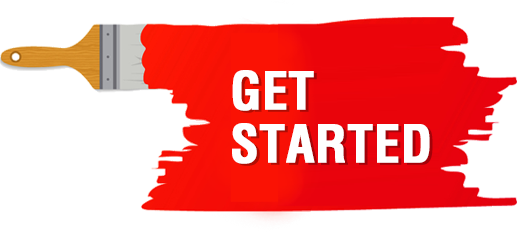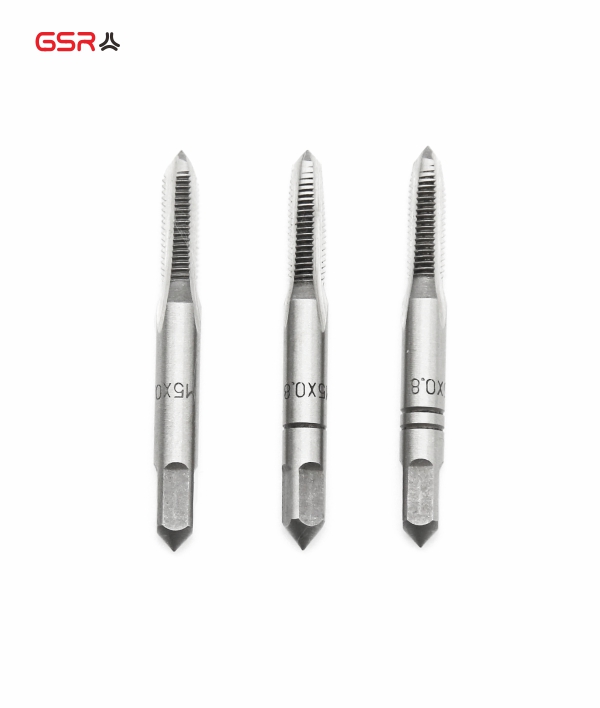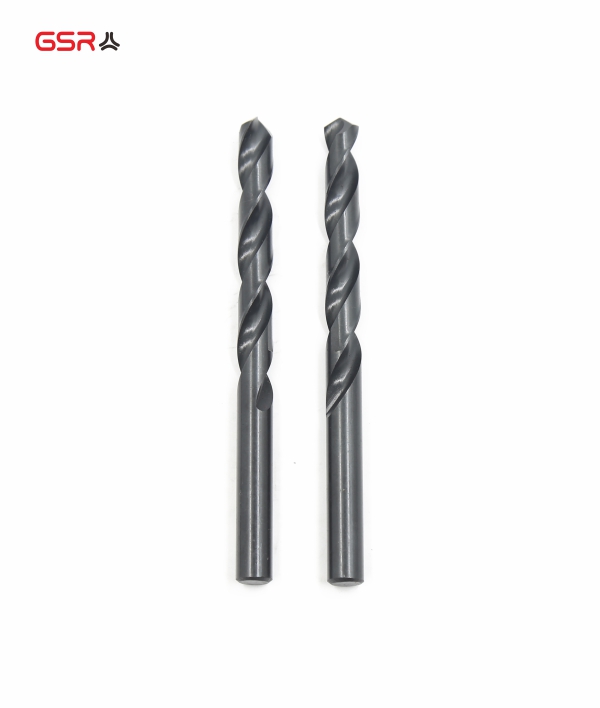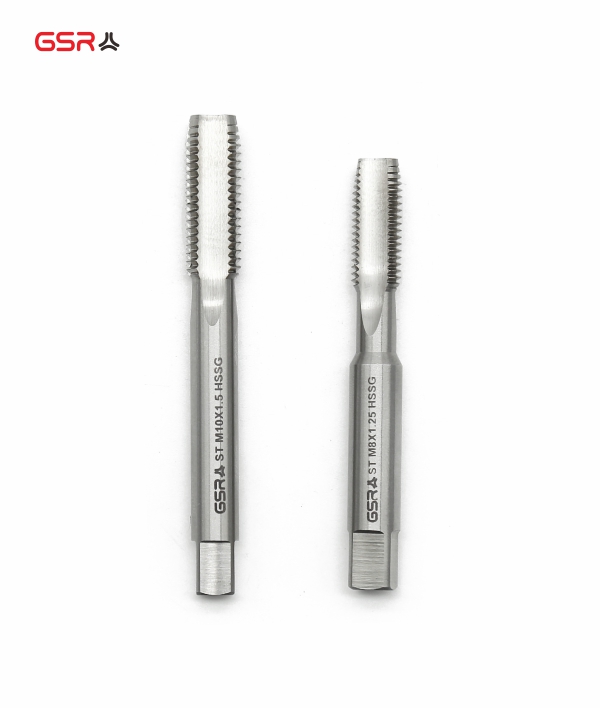Fastener Threads and Bolt Screw Threads and Their Kinds
When you need bolts, it's easy to find anything that meets your desired size specifications. However, there is still a lot of work to be done to choose the right solution for the job. There are a number of considerations, such as how well the bolt grips and how it distributes the load. There are many types of bolts, screws and other fasteners to support different jobs with different requirements.
When you have a specific job at hand and need a reliable screw, you have many decisions to make. One of the most important choices is whether you need a partially or fully threaded bolt.
Screws and Bolts
As a general term for screws and bolts, fasteners are hardware devices that mechanically hold two or more applications in a defined location. Fasteners create a non-permanent joint that you can tighten or remove as necessary.
A screw is a male threaded fastener. It has a head on one end that you turn to tighten, and a helical thread on the other end that pierces the surface. The screw matches the internal threads of a pre-formed hole, or the fastener forms its own threads. You can tighten and release it by turning the head.
A bolt is also a male threaded fastener with a head on one end. The difference, however, is in the way it is applied. The bolt goes through the pre-drilled hole. Combining the nut and washer, you can then tighten the fastener. The entire part consists of the head, flange, body, transition and threads.
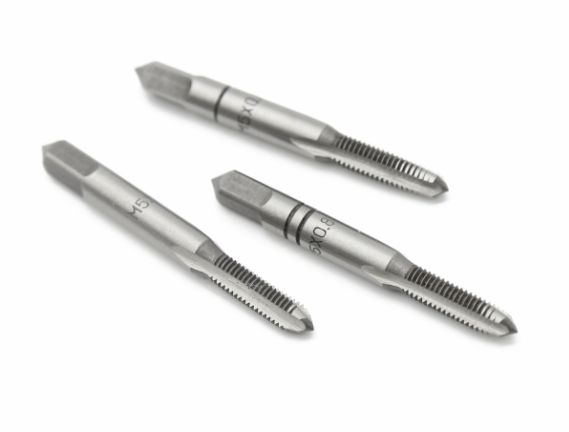
Fastener threads
Fastener threads are the ridges that wrap around the cylinder of a bolt, screw or other fastener. Known as parallel or straight threads, the uniform cross section forms a helix that can be on the inside or outside surface of the cylinder. There is also a difference between right-hand threads and left-hand threads.
When you view axially, right-hand threads will wind clockwise in the backward direction. Most threads use this design. Left-hand threads, when viewed axially, have counterclockwise rotating threads.
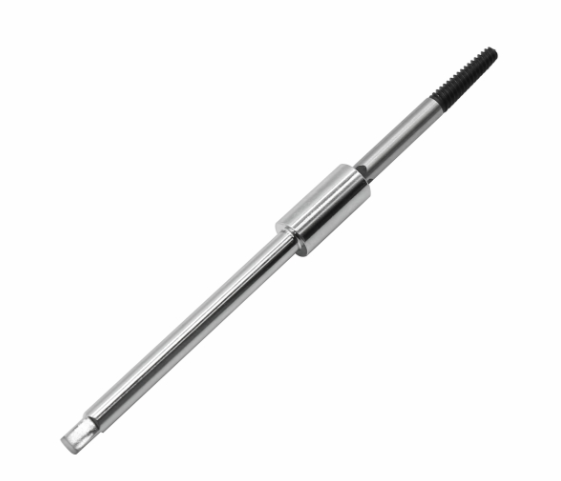
How many types of threads are there
There are two main types of threads - as you already know - partial and complete. However, a variety of threads can also be found on complete or partial fasteners.
1 Unified National Coarse
UNC threads are used for general fastening operations and have a deeper, more versatile fit for easy removal.
2 Unified National Extra Fine
UNEF is the best thread type and is ideal for applications dealing with hard materials with threaded holes, thin threaded walls and thin materials with threaded holes.
3 Unified National Fine
UNF threads offer improved load carrying and torque locking capabilities due to their larger, smaller diameter. They have tighter tolerances, can handle heavier loads and have finer tension adjustment.
4 UNJC and UNJF
While there are internal and external "J" threads, external UNJC and UNJF have a larger root radius, giving the thread greater tensile strength and less stress concentration.
5 UNR and UNK
UNR is the same as UNC, but it has a rounded root radius and is external only. UNK threads are similar to UNR, but the smaller width and root radius need to be checked.
6 Equal Pitch
Equal Pitch threads are available in a variety of diameters to suit specific applications.
In addition to using a variety of different threads for your project, you can choose from a range of bolts such as brackets, hex, lag, flange and eye. Or, choose from screws such as wood, machine, sheet metal and mating. Each can have a range of other characteristics such as head style, drive type, washer and nut type. With the support of GSR expertise, we can help you narrow down your choices.






